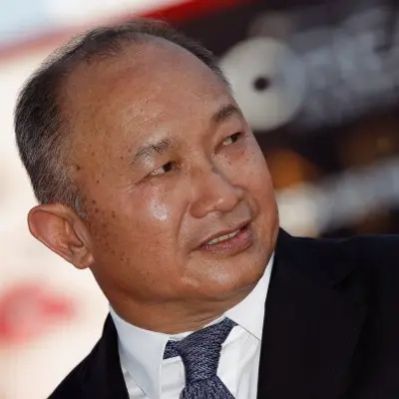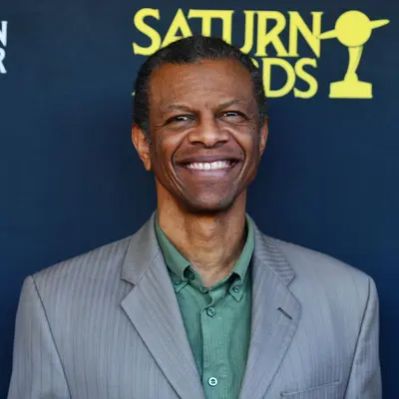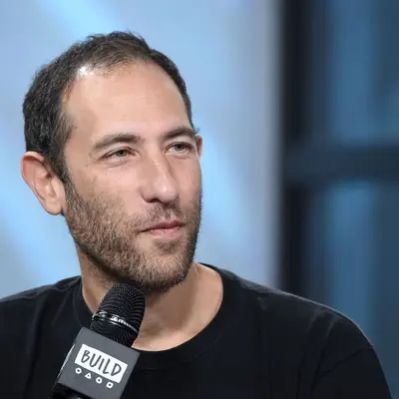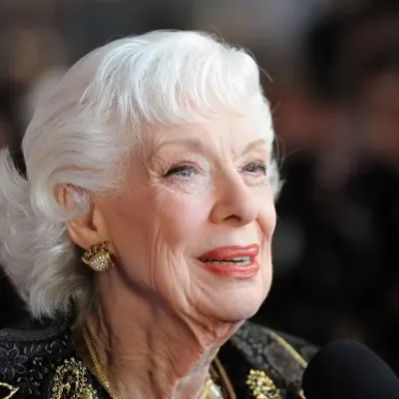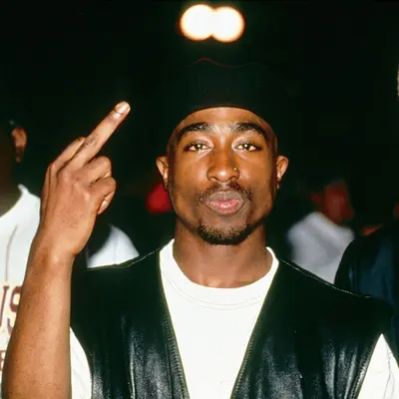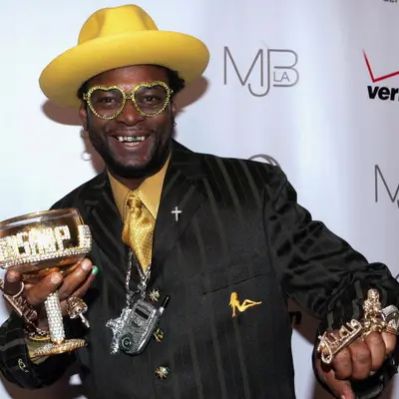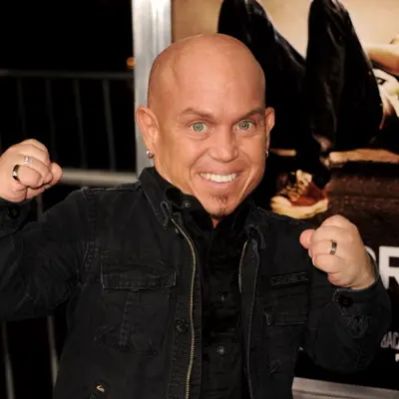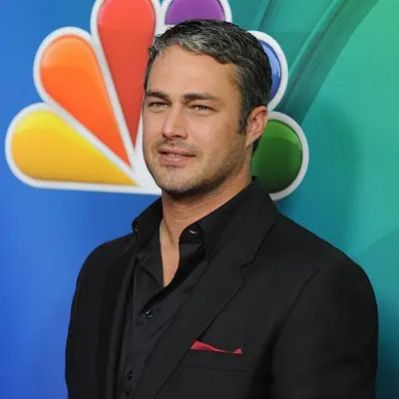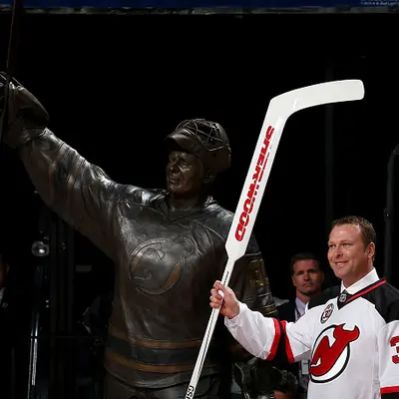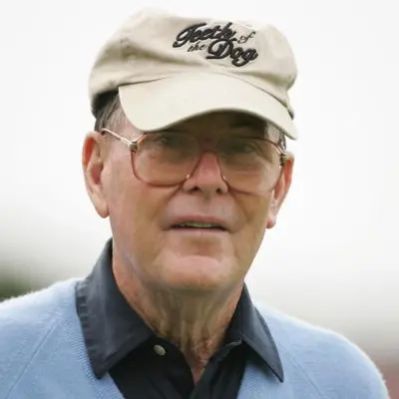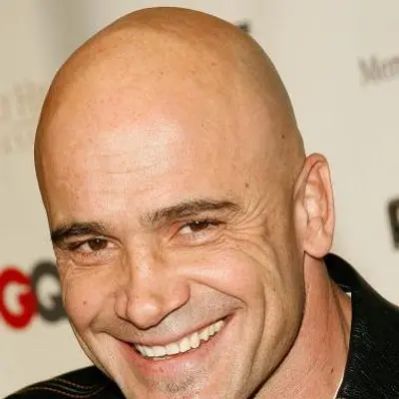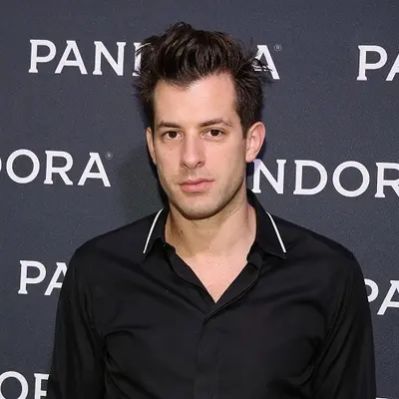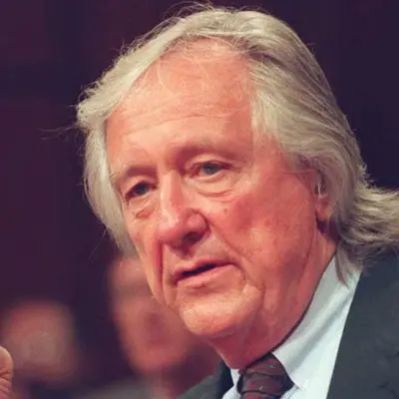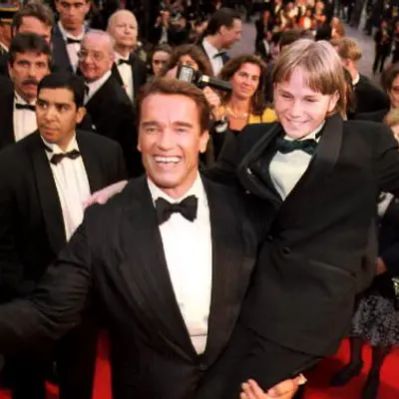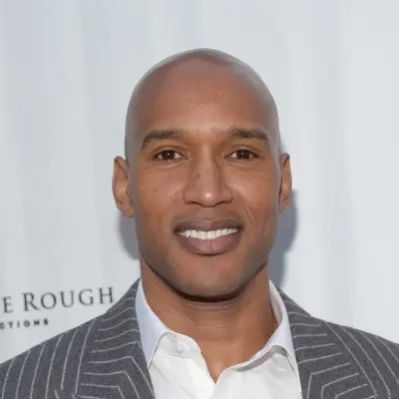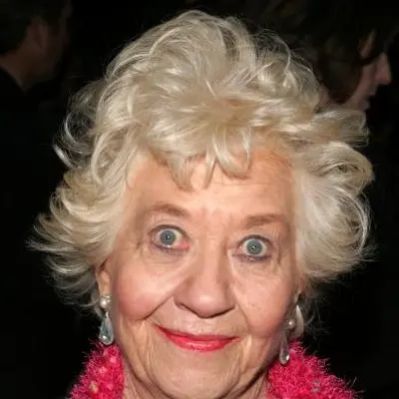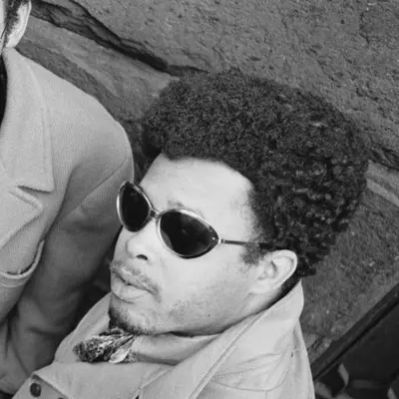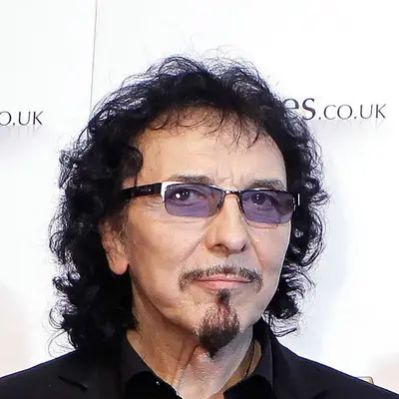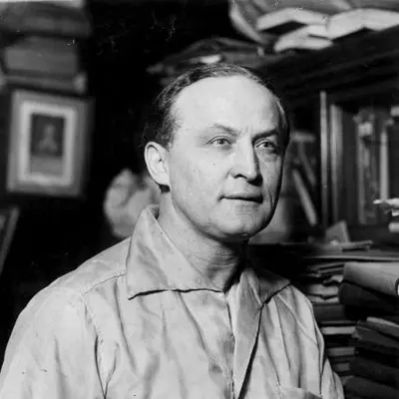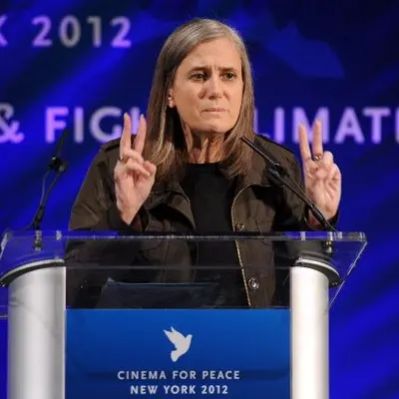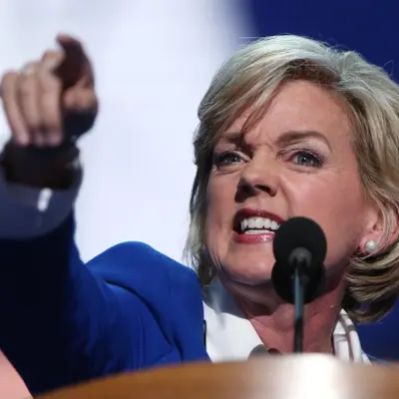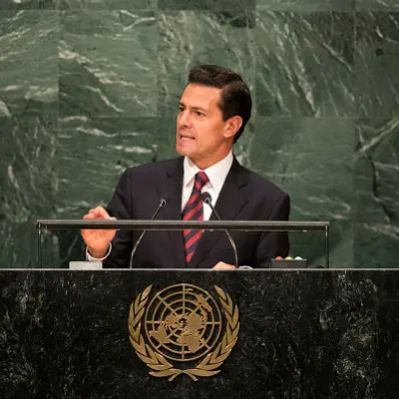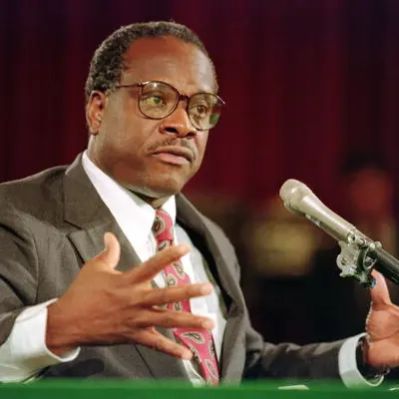What Is John Woo’s Net Worth?
John Woo, a highly acclaimed Hong Kong film director, writer, producer, editor, and actor, has accumulated a substantial net worth of $70 million. This financial standing reflects his extensive and successful career in the film industry, spanning both Hong Kong and the United States.
John Woo’s Film Career and Earnings
Woo’s net worth is primarily attributed to his work directing, writing, and producing over 40 film projects. Some of his most successful films include “A Better Tomorrow” (1986), “Hard Boiled” (1992), “Face/Off” (1997), and “Mission: Impossible 2” (2000). While specific details regarding his earnings per film are not publicly available, it’s known that “Face/Off” grossed $245.7 million at the box office, and “Mission: Impossible 2” achieved even greater success, earning $549.6 million. These figures suggest that Woo received significant compensation for his role in these blockbuster hits.
Furthermore, Woo’s involvement in various aspects of filmmaking, including writing, producing, and editing, would have augmented his income. For example, he edited “Hard Boiled” and also served as editor for “To Hell with the Devil” (1982) and “Bullet in the Head” (1990). His credits as a producer on films like “A Better Tomorrow” (1986) and “Red Cliff: Part I” (2008) and “Red Cliff: Part II” (2009) would also have contributed to his overall earnings.
Beyond his directorial work, Woo has also acted in several of his films, including “Bullet in the Head” and “Hard Boiled,” as well as films like “The Thirty Million Dollar Rush” (1987) and “Twin Dragons” (1992), adding further to his income streams. Although exact figures for these acting roles are unavailable, they represent additional sources of revenue.
In 2023, Woo directed and produced “Silent Night,” marking his return to American filmmaking after a 20-year hiatus. While the financial performance of this film and its impact on his net worth are yet to be fully assessed, it represents a significant milestone in his career and a potential source of future earnings.
Other Ventures and Recognition
John Woo’s net worth also benefits from his ventures outside of filmmaking. He created the Virgin Comics series “John Woo’s 7 Brothers” (2006) and “John Woo’s 7 Brothers II” (2007), and he founded Lion Rock Productions. While the specific financial details of these ventures are not publicly available, they demonstrate his entrepreneurial spirit and potential for generating additional income.
His receipt of a Silver Bauhinia Star (SBS) in 2010 as part of the Hong Kong government’s annual honors, while not directly impacting his financial standing, represents a form of recognition that can enhance his professional reputation and open up further opportunities.
Woo’s awards and nominations, including a Saturn Award for Best Director for “Face/Off” in 1998, and Hong Kong Film Awards for Best Picture for “A Better Tomorrow” (1987) and Best Director for “The Killer” (1990), further solidify his status in the industry and contribute to his long-term earning potential. His Lifetime Achievement Award at the 2019 Hawaii International Film Festival highlights his sustained success and influence.
While it’s impossible to provide a detailed breakdown of all of John Woo’s income sources and expenses, his extensive filmography, coupled with his various ventures and industry accolades, provides a clear indication of the factors that have contributed to his substantial net worth.
Born Wu Yu-seng on September 22, 1946, in Guangzhou, China, John Woo’s early life was marked by significant challenges. His family, being Protestant Christians, faced persecution during the Chinese Civil War and the subsequent anti-bourgeois purge implemented by Mao Zedong after the communist revolution. This tumultuous period significantly shaped his early experiences.
In 1951, when Woo was five years old, his family made the difficult decision to leave China and seek refuge in Hong Kong. They settled in the Shek Kip Mei slums, an area characterized by poverty and hardship. Woo’s mother worked tirelessly as a manual laborer on construction sites to support the family, while his father, a teacher by profession, was unable to work due to a debilitating case of tuberculosis. The family’s financial situation was precarious, and they struggled to make ends meet.
Adding to their difficulties, in 1953, a devastating fire swept through the Shek Kip Mei slums, destroying the family’s meager home and possessions. However, amidst the chaos and despair, disaster relief efforts provided some much-needed assistance. The money raised from these efforts enabled the family to find a new place to live, offering a glimmer of hope in a difficult situation. The exact amount of the disaster relief fund is not known, but it played a critical role in helping them rebuild their lives.
Woo faced his own personal health challenges early in life. At the age of three, he was diagnosed with a serious back condition that required spinal surgery. As a result of the surgery, he was unable to walk correctly until he was eight years old. This medical condition also caused his right leg to be shorter than his left leg, impacting his physical mobility. This health challenge added to the difficulties he faced growing up in poverty.
Due to school age restrictions, John’s mother changed his birth year to 1948. This change reportedly remained on his passport throughout his adulthood, highlighting the family’s struggles and the need to adapt to difficult circumstances. This early change in his official records serves as a testament to the obstacles he overcame to pursue his dreams in the film industry.
These formative experiences in poverty and hardship played a crucial role in shaping John Woo’s character and work ethic, which were instrumental in his later success and his eventual accumulation of a $70 million net worth. The specific details of his early life provide context for understanding the determination and resilience that propelled him to achieve international acclaim as a filmmaker.
Early Career and Transition to Directing
In 1969, John Woo secured his first job in the film industry at Cathay Studios, where he worked as a script supervisor. This role allowed him to gain valuable experience and insights into the filmmaking process. While the exact salary he earned at Cathay Studios is not publicly documented, it provided him with a crucial entry point into the industry.
Two years later, in 1971, Woo was hired as an assistant director at Shaw Studios, a prominent film production company in Hong Kong. This promotion marked a significant step forward in his career, giving him the opportunity to work alongside established directors and further develop his skills. Again, specific salary figures from this period are unavailable, but it’s clear that this position provided him with increased responsibilities and opportunities.
The films of Bruce Lee served as a major source of inspiration for John Woo, igniting his passion for directing action movies. Lee’s influence motivated him to pursue his own vision and create a unique style within the genre. He recognized a gap in the market and wanted to produce movies that provided a different kind of action experience.
In 1974, Woo made his feature film directorial debut with “The Young Dragons,” which he also wrote. This marked a pivotal moment in his career, as he finally had the chance to showcase his creative abilities and directorial skills. While the box office success of “The Young Dragons” is not widely documented, it served as a crucial stepping stone for his future projects.
Following his debut, Woo continued to write and direct a string of films in the 1970s, including “The Dragon Tamers” (1975), “Princess Chang Ping” (1976), “Hand of Death” (1976), “Money Crazy” (1977), “Hello, Late Homecomers” (1978), “Follow the Star” (1978), and “Last Hurrah for Chivalry” (1979). He also took on acting roles in “Hand of Death,” where he played Scholar Cheng, and in “Follow the Star,” where he portrayed Mr. Chen. These early works helped him hone his craft and establish himself as a director in the Hong Kong film industry.
In the 1980s, Woo continued to write and direct films, including “From Riches to Rags” (1980), “To Hell with the Devil” (1981), “Laughing Times” (1981), “The Time You Need a Friend” (1984), “A Better Tomorrow II” (1987), and “The Killer” (1989). He also directed “Plain Jane to the Rescue” (1982) and “Just Heroes” (1989), and directed and produced “Run, Tiger, Run” (1985). Additionally, he wrote, directed, and produced “A Better Tomorrow” (1986) and “Heroes Shed No Tears” (1986). He also played Inspector Wu in “A Better Tomorrow.” The financial success of these films, particularly “A Better Tomorrow,” significantly contributed to his early financial success and laid the foundation for his later net worth.
While specific financial details for each of these early films are not readily available, it’s evident that John Woo’s early career was marked by a prolific output and a steady progression towards becoming a renowned director. These early roles provided invaluable experience, helping shape his unique style and paving the way for the international recognition and financial success that would contribute to his substantial net worth.
 Net Worth Ranker
Net Worth Ranker
